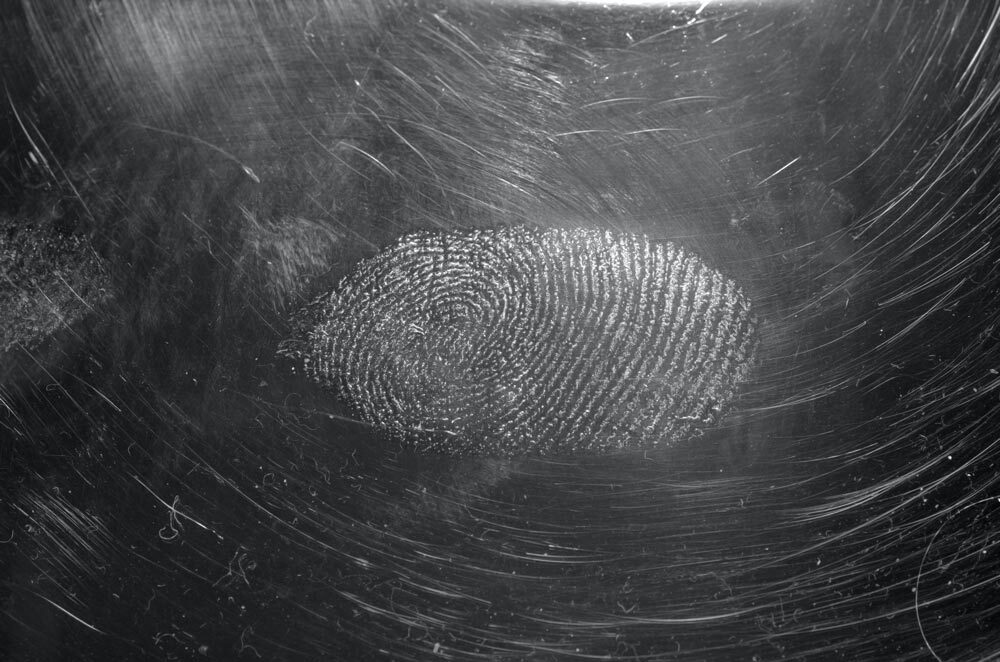
(Immo Wegmann/Unsplash)
Your web browser says a lot about you—the way you work, how you approach productivity, how you spend your free time.
Nobody uses their browser quite the same way. And honestly, it could be telling a story about you that you might have never anticipated.
That’s something made clear by a new tool, published by the Github user z0ccc, that highlights just how trackable you are based on your unique mix of browser extensions. And depending on how many extensions you use, things can break down quickly.
The Extension Fingerprints page built by z0ccc looks at the most popular extensions that are out there, whether you’re using them, and then lets you know how common they are.
And as it turns out, if you use even a modest number of browser extensions, you could be telling on yourself.
“Having 3+ detectable extensions installed seems to always make your fingerprint very unique,” z0ccc told BleepingComputer.
It’s like the ultimately screw-over for power users, in a way. My combination of Briskine, Buffer, Pushbullet, Tab Wrangler, and Okta—five relatively common extensions—is enough to make me basically unique in the eyes of this website.
While z0ccc wasn’t the person who discovered this problem—it’s been known since at least 2017 that it’s been possible to detect browser extension use, to a high level of specificity. This is a problem, of course, because in an era when third-party cookies are becoming persona non grata, advertisers are naturally going to be looking for alternatives to cookies to track our every move.
Extension fingerprinting is just one way to tell on yourself. There are other methods, such as the size of your browser window, the version of operating system you use, and so on. The less mainstream your setup is, the easier you are to track. The problem is, you likely would have no way of knowing how mainstream your setup is.

(Glenn Carstens-Peters/Unsplash)
“These data points might seem generic at first and don’t necessarily look tailored to identify one specific person. However, there’s a significantly small chance for another user to have 100 percent matching browser information,” z0ccc wrote on his Github page.
Extension Fingerprints touches on just one angle of what makes a user unique in the eyes of the internet—sites like AmIUnique show that even the technical features of your browser or user agent can nail you down almost perfectly.
Now, the solutions for handling this state of affairs can get increasingly complex—from blocking trackers, to blocking javascript, to surfing in private mode, to utilizing a VPN. But the problem is, as sophisticated at these things can get, the fact that your browser extensions alone can potentially nail you down suggests that it may be increasingly hard to hide your identity online without some broader architectural changes to browsers in general. To put it another way, it seems pretty nuts how much external sites can learn from you just from your taste in browser extensions.
Time limit given ⏲: 30 minutes
Time left on clock ⏲: alarm goes off




